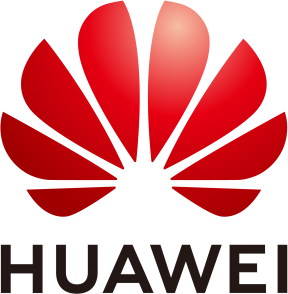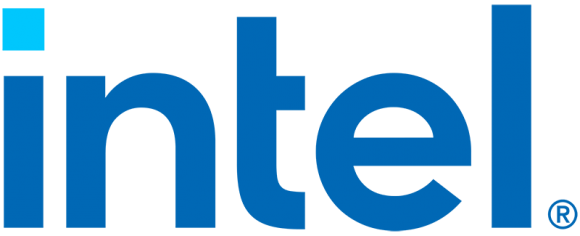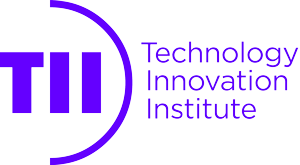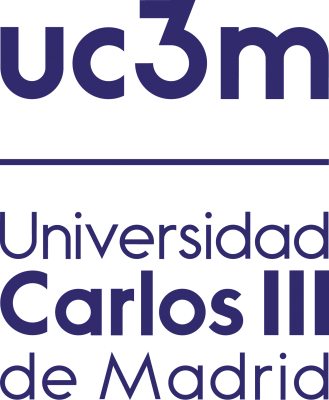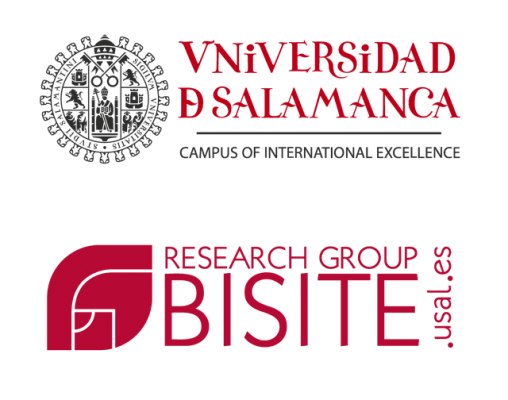Steering Committee
- Tony Quek, Singapore University of Technology and Design, Singapore
- Jianwei Huang, Chinese University of Hong Kong, China
- Dusit Niyato, Nanyang Technological University, Singapore
- Petar Popovski, Aalborg University, Denmark.
Organizing Chairs
- Jun Zhao, Nanyang Technological University, Singapore
- Jelena Misic, Ryerson University, Canada
- Shiwen Mao, Auburn University, USA
- Yan Zhang, University of Oslo, Norway
TPC Chairs
- Huimei Han, Zhejiang University of Technology, China
- Xu Chen, Sun Yat-sen University, China
- Shiqiang Wang, IBM T. J. Watson Research Center, Yorktown Heights, NY USA
- Zhaohui Yang, King’s College London, London, U.K.
Publicity Co-Chairs
- Ching-Hsien Hsu, Asia University, Taiwan
- Chunxiao Jiang, Tsinghua University, China
- Yang Liu, Dalian University of Technology
Keynote Speakers
- Mehdi Bennis, University of Oulu, Finland
- Jiannong Cao, The Hong Kong Polytechnic University, Hong Kong
Internet of Things (IoT) applications, such as intelligent transportation and remote health monitoring, are poised to make incredible advances in our life. The cellular network has become the main force to support IoT services due to its extremely high capacity, security, reliability, and flexibility. To facilitate the deployment of IoT, the third-generation partnership project (3GPP) has recently issued Release 16 and 17 for cellular IoT. The next generation of cellular six-generation (6G) communication systems is expected to extend the current 5G performance to achieve lower power consumption, lower latency, higher reliability, etc., which is widely believed to be more suitable for supporting IoT and can offer a wide range of smart applications.
In the 6G-enabled IoT era, massive devices and a large amount of data are ripe for the deployment of machine learning approaches, to provide high-quality smart services. However, IoT devices do not want to share their personal data with others due to the risk of data misuse and leakage. As a distributed machine learning approach with data privacy, Federated Learning (FL) has attracted enormous attention in IoT application fields in recent years. The evolution of FL technologies has also experienced a number of challenges including convergence rate analysis, devices selection, resource allocation and etc. Various theories, optimization algorithms, and sophisticated schemes have been proposed to tackle these challenges. Once the FL technology becomes more robust, more low-latency and more efficient in the future, more applications in 6G can be benefited from FL to make the future 6G systems provide strong security. However, towards more robust, more low-latency and more efficient FL for 6G-enabled IoT, there remains much to be done.
The scope of this workshop includes but not limited to the following topics:
- Scalable FL Framework for 6G-Enabled IoT
- AI-Enabled Intelligent FL System
- Joint Resource Allocation and Devices Selection Schemes for FL
- FL for Emerging IoT Applications, e.g. Vehicular IoT, Virtual Reality (VR),UAV-Enabled Communication
- Convergence Rate Analysis for FL
- Federated Learning in Real-World Applications
- FL Theories and Algorithms for 6G-Enabled IoT
- Privacy-Preserving FL for 6G-Enabled IoT
- Robust, Low-Latency and Efficient FL for 6G-Enabled IoT
- Applications of FL-Based AI Approaches For 6G Wireless Communications
- FL for 6G-Enabled IoT: Technologies, Adcances and Open Problem
- End-Device Design for FL
- Personalized FL Approaches for 6G-Enabled IoT
- FL with Advanced Technologies, e.g. Massive MIMO, Intelligent Reflecting Surface (IRS)
Important Dates
Paper Submission Deadline: August 14, 2021
Acceptance Announcement: September 15, 2021
Final Workshop Papers Due: November 15, 2021
Paper Submission Link: TBA
Paper Submission Guidelines
The page length limit for all initial submissions for review is SIX (6) printed pages (10-point font) and must be written in English. Initial submissions longer than SIX (6) pages will be rejected without review.
All final submissions of accepted papers must be written in English with a maximum paper length of six (6) printed pages (10-point font) including figures. No more than one (1) additional printed page (10-point font) may be included in final submissions and the extra page (the 7th page) will incur an over length page charge of US$100. All final papers must be submitted to the IEEE Conference eXpress website. Please refer to the acceptance letter for the instructions on how to upload final papers.



